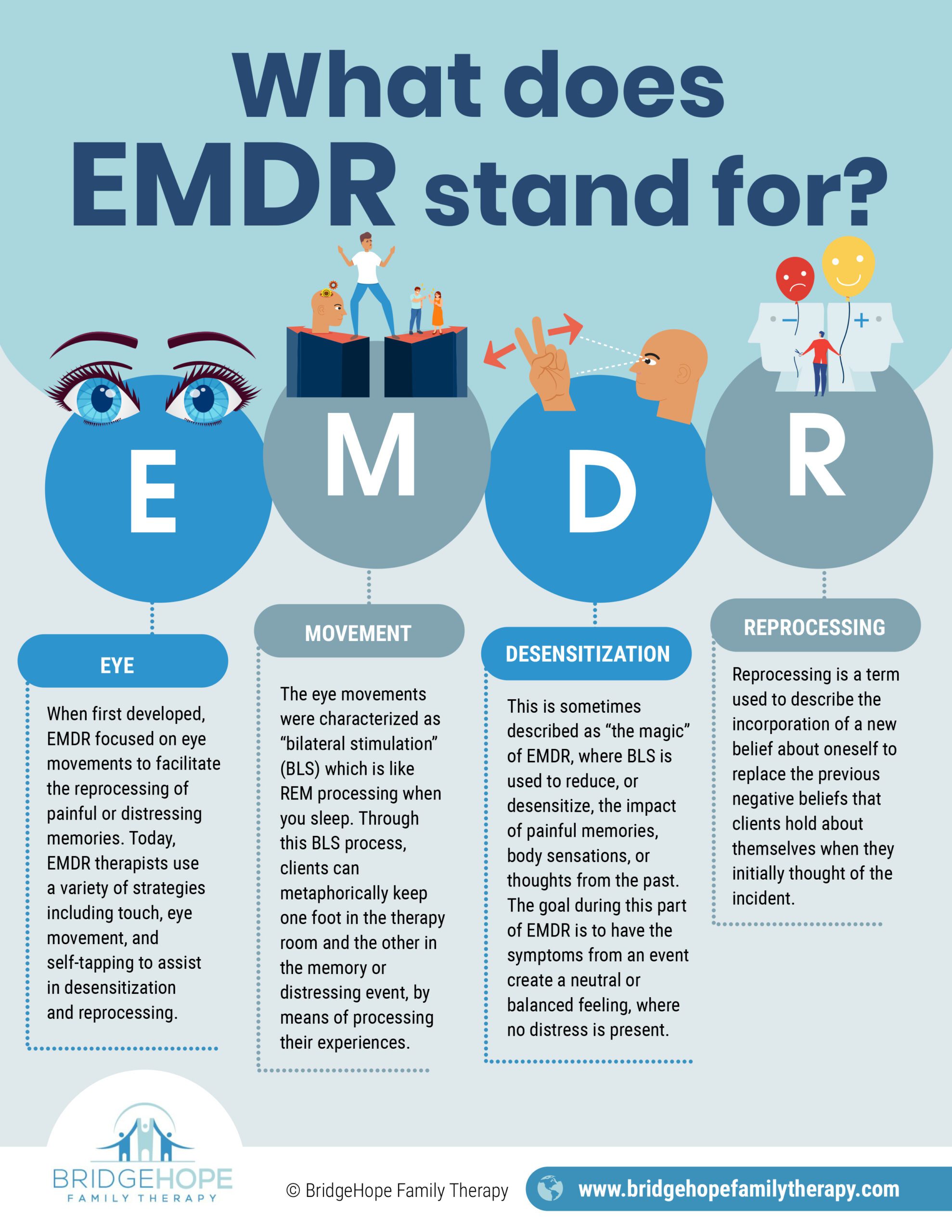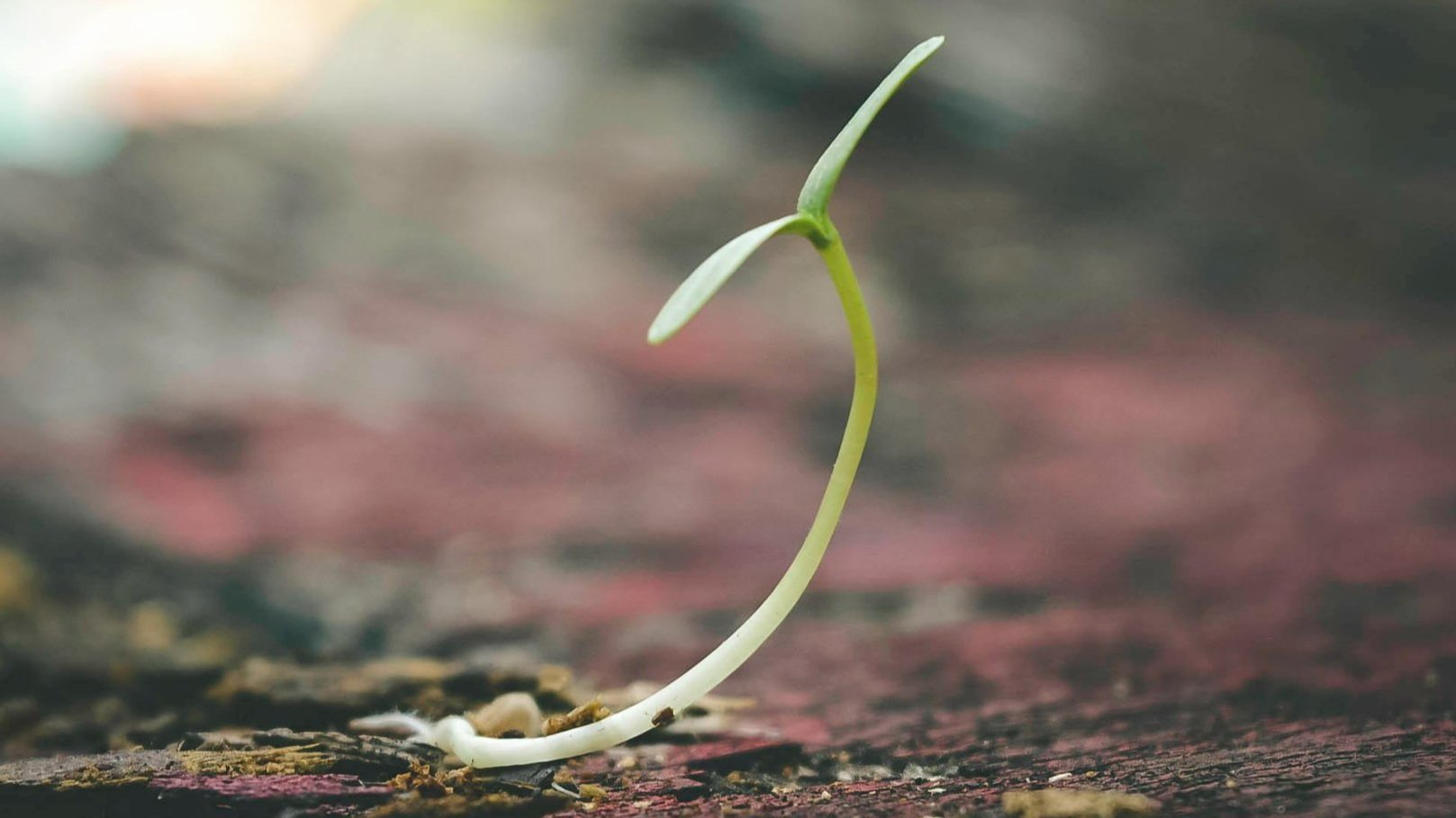Psychologists never miss an opportunity to educate on the importance of creating a safe, healthy and stable environment for children. There’s a reason for this. Childhood experiences shape us in ways we often don’t realize until much later in life. Imagine that you’re in a loving relationship, yet you can’t shake the nagging fear that your partner might leave. Or perhaps you find yourself holding on too tightly to friends and family, afraid they’ll slip away if you loosen your grip.
Sound familiar? Those feelings are typical of a fear of abandonment, a relationship anxiety type that has its roots in childhood trauma. So, yes, there’s a connection between childhood trauma and the fear of abandonment. To unravel the emotional puzzle that causes the fear of abandonment, we must first begin with understanding this connection.
Childhood trauma isn’t always as dramatic as we think. Sure, it can involve major events like physical abuse or the loss of a parent. 25% of girls experience sexual abuse as children. But it can also be subtler — like emotional neglect, constant criticism, or unpredictable parenting. Childhood trauma can also surface if you live with a mentally ill parent. Any experience that overwhelms a child’s ability to cope is childhood trauma. It could be a one-time event or an ongoing situation. What matters is that it makes a child feel unsafe, scared, or alone.
Abandonment Trauma and Relationships
Where does the fear of abandonment come from? It’s not just a fleeting feeling of sadness you get when someone you care about leaves (that’s normal) — it’s a deep-seated, often overwhelming fear that the people you care about will inevitably leave you.
What is called fear of abandonment in adults often manifests as separation anxiety disorder (SAD) in children, so they share many symptoms. When you fear abandonment, you become excessively afraid or worried about being separated from a close attachment figure like a parent or a lover.
You may even have nightmares about separating.
Childhood trauma explains where this abandonment fear comes from. When we experience trauma as kids, especially if it involves being left alone, neglected, or feeling unwanted, our developing brains can hardwire the belief that we’re not worthy of love or that people will always leave us.
Fast forward to adulthood, and these beliefs can manifest as a persistent fear of abandonment.
Signs of fear of abandonment
Some of the signs include:
- Constant worry about your relationships
- Difficulty trusting others
- Tendency to become overly attached quickly
- Push-pull behavior in relationships (drawing people close, then pushing them away)
- Intense jealousy or possessiveness
Attachment styles have a role to play too
Insecure attachment styles are not themselves a type of childhood trauma, but they are often a consequence of traumatic experiences during childhood. As babies, we develop attachment styles based on our relationships with our primary caregivers. When trauma disrupts this process, we might develop what’s called an anxious attachment style.
Anxious attachment is one of three insecure attachment styles, with the other two being avoidant and anxious-avoidant.
People with anxious attachment often:
- Crave closeness and intimacy
- Feel insecure in relationships
- Worry excessively about their partner’s feelings
- Seek constant reassurance
- Feel unworthy of love
If you’re seeing similarities between an anxious attachment style and fear of abandonment, then you’re on to something. Both concepts have a link that leads directly to childhood trauma. In a sentence, that link would look like this:
Women who have experienced childhood trauma are likely to develop an anxious attachment style, creating the ideal situation for fear of abandonment to continue growing.
It’s a lot to take in, I know. But if this describes you or any woman you know, there’s a path to healing. Overcoming your fear of abandonment is entirely possible.
How to overcome the fear of abandonment
Some steps you can take:
- Understand where your fear comes from and acknowledge it
- Practice self-compassion (you’re doing the best you can!)
- Learn about healthy boundaries
- Be open and honest with your partner about what goes in your mind
- Explore therapy options (more on this below)
- Practice mindfulness to stay grounded in the present
- Gradually challenge your fears in safe relationships
Virtual therapist Austin
If you’re in Austin and looking for support, you’re in luck.
Our city has a wealth of resources for trauma survivors and those dealing with attachment issues. From individual therapists specializing in trauma and attachment to support groups like the Austin Mental Health Community, help is available.
Don’t hesitate to reach out. Whether it’s to a therapist, a support group, or a trusted friend, taking that first step towards healing is life-changing
Your fears do not define you
What’s happened during your childhood is important but it doesn’t define you. Only the present version of you gets to decide what happens next.
Every day, I see women in Austin and beyond break free from the cycles of their past and build healthier, happier relationships — with others and with themselves. You can do it too.
If you’d like professional advice on what to do to overcome your fear of abandonment, schedule a free consultation with me here.




